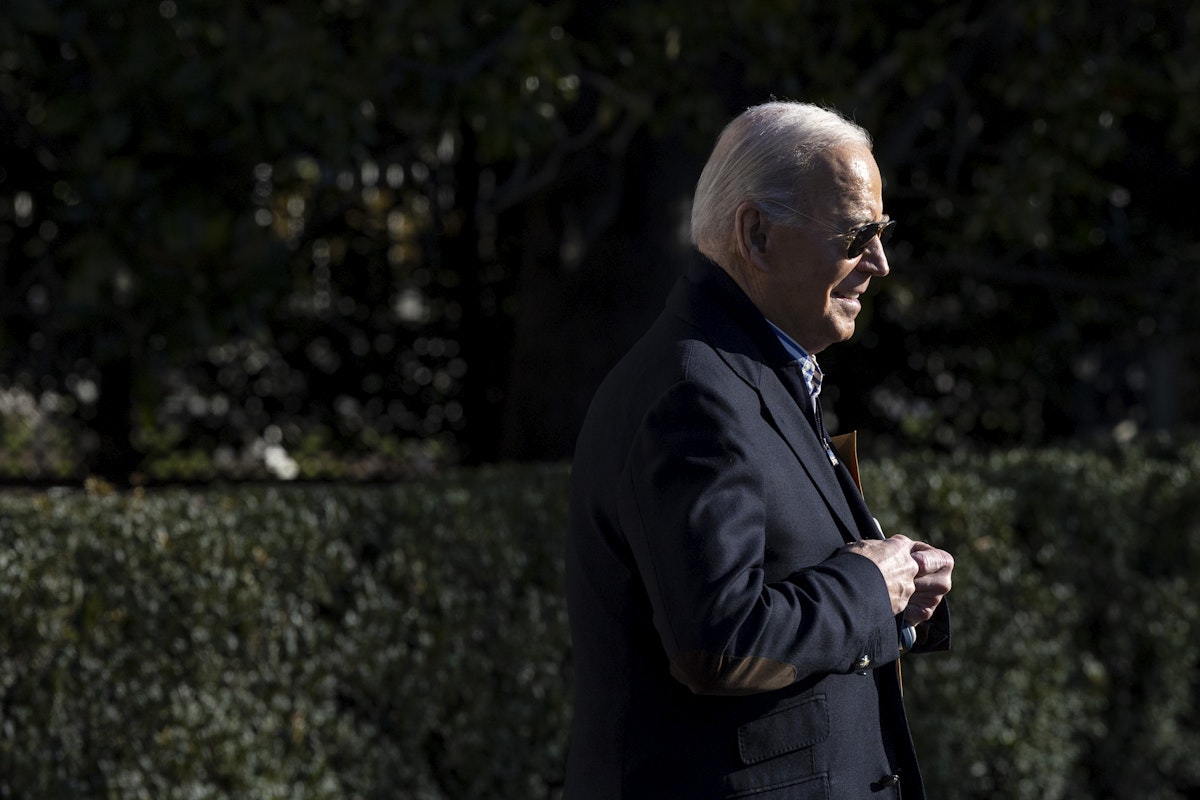
Policymakers are particularly worried about Supreme Court hearings scheduled for later this month on a pair of cases that could overturn something called the Chevron Deference. In essence, SCOTUS’s 1984 ruling in Chevron v. Natural Resources established a precedent that courts defer to the expertise of federal agencies on the question of what constitutes a “reasonable interpretation” of federal statute. Judges, in other words, don’t generally get to decide when agency rules and regulations overstep the mandate Congress has given them in laws passed at any point since 1776. Overturning Chevron offers courts potential veto power over agency rules that do not, in their estimation, hew extraordinarily close to the text of federal law. If the Supreme Court does overturn Chevron, it will be a massive victory for corporations eager to be held accountable to as few laws as possible. Counsel for the plaintiff in one of the cases set up to decide the fate of the Chevron Deference—Relentless Inc. v. Department of Commerce—is the New Civil Liberties Alliance, which receives funding from foundations, like Donors Trust, with ties to right-wing legal movement architect Leonard Leo.
These and other legal cases pose real constraints, argues Jeff Hauser, founder and executive director of the Revolving Door Project, a watchdog group that monitors federal agencies. But there’s a delicate balance to be struck between writing smart policies and bad ones. “Regardless of the scope of impact of a proposed regulation, it should be crafted to appear as banal and traditional as possible,” Hauser told me. This would require courts friendly to the idea of dismantling regulations to go after long-standing precedents—a tougher sell for even conservative jurists, albeit not an impossible one. “Make things appear as traditional as possible, and emphasize the most traditional as possible gains.” Still, he argues, the administration has been “much more inclined toward excessive passivity than heedlessly moving forward.”
Environmental lawyer and Earthjustice President Abigail Dillen praised the pace at which the Biden administration has been working to roll out new rules, many of which aim to finalize before they become vulnerable to the Congressional Review Act in late spring. Just this last week, the Department of Energy announced new efficiency standards for residential freezers and refrigerators. Over the next year, she told me, agencies need “to do what it’s always done: Talk to people impacted and make smart rules. But if the administration is negotiating against itself out of worry about what the courts may do, I think that’s a mistake. The worst thing that this kind of uncertainty could do is create a chilling effect that prevents an ambitious administration from making good on its climate and environmental promises.” Rather than preemptively weakening rules, or failing to get them on the books at all, Dillen said, “The only way to deal with a court that’s aggregating power and making politically unpopular decisions is to make sure that the court takes the blame.”